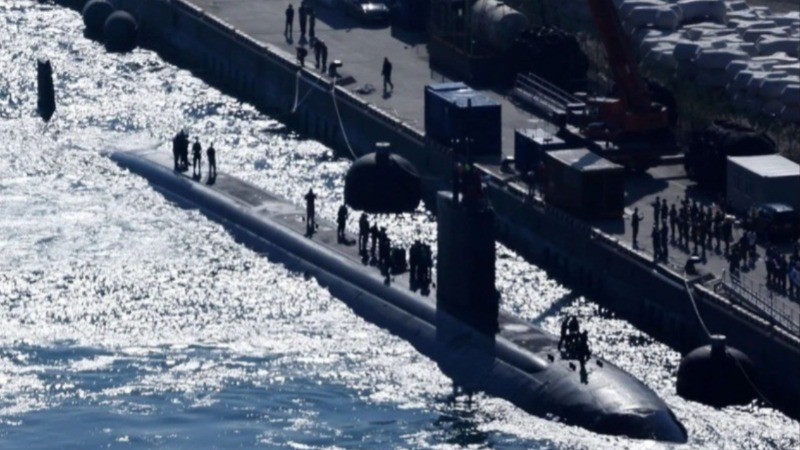According to US defence officials, President Trump’s administration has decided to review the AUKUS pact to ensure that the initiative, launched under the previous administration, aligns with the current “America First” agenda.
The review of AUKUS is being led by Elbridge Colby, US Under Secretary of Defense for Policy, who is reportedly sceptical about the agreement.
AUKUS is a trilateral cooperation programme on nuclear-powered submarine development signed by the US, the UK, and Australia in 2021 during the tenure of former US President Joe Biden.
Australia has pledged to invest approximately 240 billion USD over 30 years in AUKUS, making it the largest defence project in the country's history. Under the plan, Australia is expected to pay 2 billion USD before the end of 2025 to support submarine shipyards of the US, with the goal of acquiring three Virginia-class submarines starting from 2032. Meanwhile, the UK and Australia will cooperate to develop a new submarine, which is expected to be operational from 2040.
Observers have warned that the US announcement of AUKUS review could pose an obstacle for Australia, which considers submarines to be an important weapon in its national defence strategy.
However, Australian officials have responded calmly. Australian Defence Minister Richard Marles said it came as no surprise that the US intends to review AUKUS.
He noted that the US reassessment is understandable, just as Australia and the UK have each carried out their own national defence strategy reviews.
Richard Marles further emphasised that AUKUS is a multi-decade pact, and it is reasonable for successive governments in each participating country to review how they engage with and implement the agreement. He reaffirmed Australia’s confidence in AUKUS’s future and its commitment to working closely with the US during the review process.
The UK, which sees AUKUS as central to its submarine fleet expansion strategy, responded with measured caution to news of the US review. A spokesperson for the British government described AUKUS as one of the most strategically important partnerships in decades, adding that London would continue close cooperation with Washington and Canberra to maximise the benefits and opportunities of the AUKUS pact.
AUKUS has overcome the challenges of government changes in London and Canberra, but it now faces scrutiny in Washington.
Though the pact is viewed as complex, it is considered to serve the strategic interests of all three nations. The White House has not immediately responded to requests for comment, but a US official stated that the review aligns with President Donald Trump’s broader approach of reassessing agreements signed under the previous administration’s foreign policy, to ensure they serve the US people's interests and the “America First” agenda.
The US has insisted that such reviews are not unusual. Nonetheless, observers note that the Trump administration's decision to reconsider AUKUS at this time is of considerable interest.
On May 30, during a meeting on the sidelines of the Shangri-La Dialogue in Singapore, US Secretary of Defense Pete Hegseth urged Australia to increase its defence spending to 3.5% of GDP.
In response, Australian Prime Minister Anthony Albanese asserted that Australia would determine its own defence capability needs and stated that the country currently plans to raise its defence spending ceiling to 2.3% of GDP.
The US announcement of the AUKUS review also comes as Prime Minister Albanese prepares for his first direct meeting with President Donald Trump, which is scheduled to take place on the sidelines of the G7 Summit in Canada. The outcome of this meeting could influence the direction of the US review of the AUKUS agreement.
















